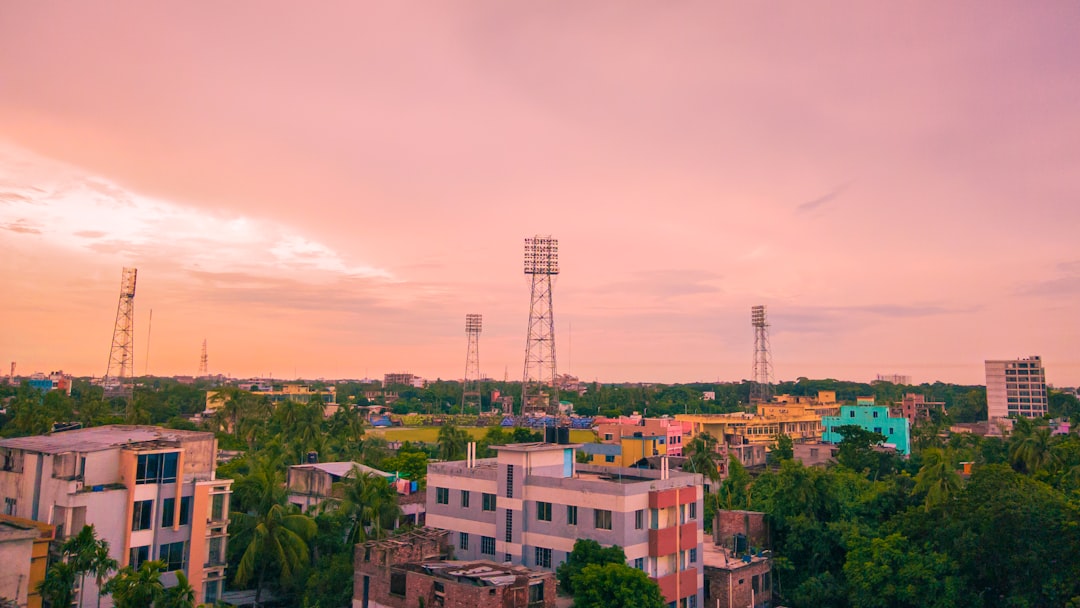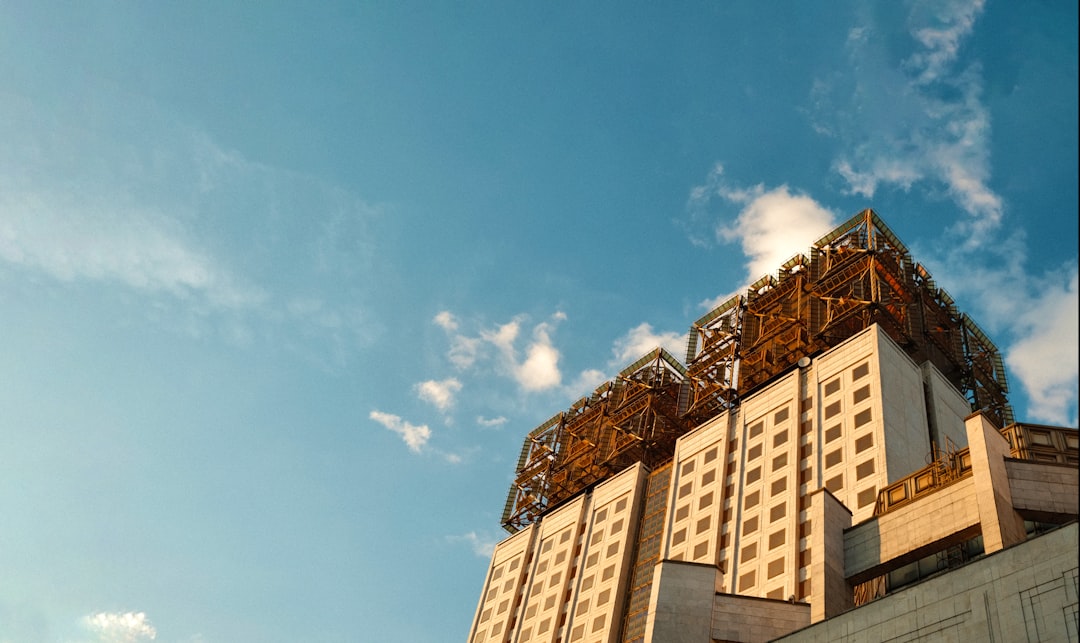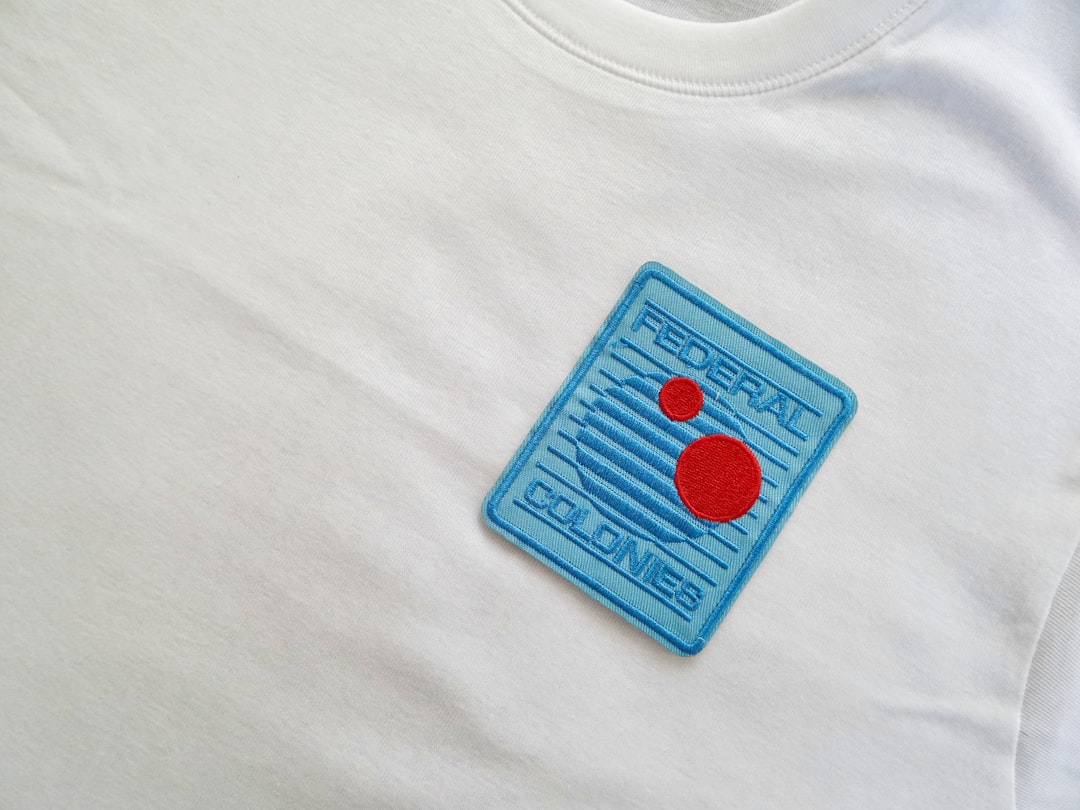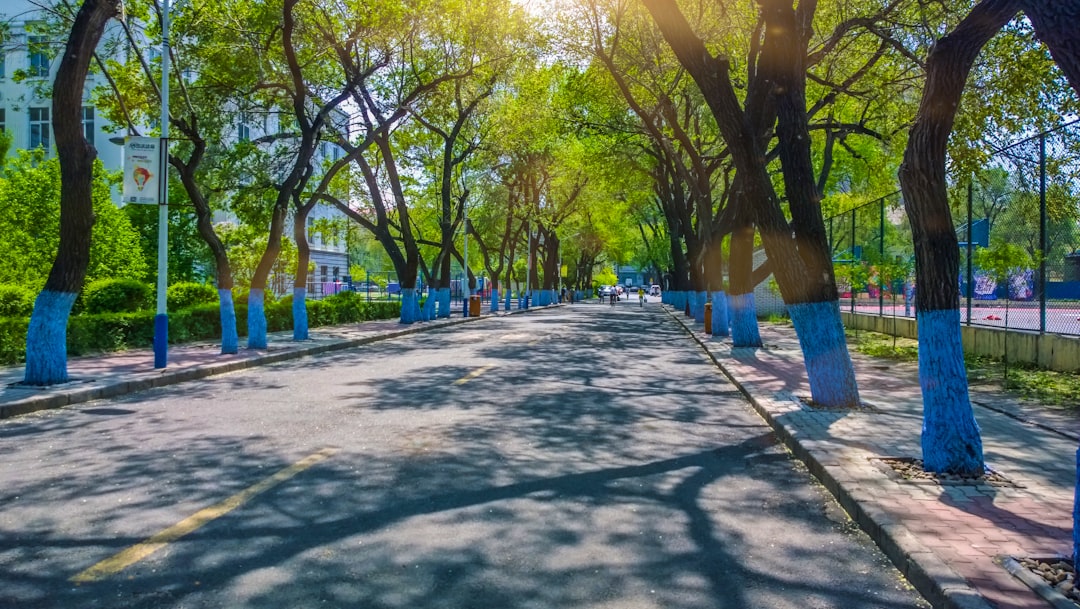
Beef is nearly twice as expensive in Indonesia as in the international market. This creates a
massive challenge for around 28 million poor people in the country and contributes to Indonesia’s
low beef consumption compared to its neighbors, including the Philippines, Malaysia, and
Vietnam. Low beef consumption in turn contributes to the fact that around 29% of children under
the age of five in Indonesia suffer from chronic malnutrition
The government claims that domestic supply is able to meet most of the demand for beef, but it is
expensive due to a long and complicated distribution process. They argue that the solution to high
beef prices is to shorten the distribution process by making government agencies responsible
for most distribution and imposing a nationwide price ceiling for consumers. However, this
centralized approach is difficult to implement. Carrying out distribution alone would drain the
government’s budget, costing nearly IDR 713 billion (USD 52.8 million) to cover the complicated
transportation needed to reach the Indonesian archipelago. If the government instead leaves
distribution to retailers, then retailers will be left unable to comply with the price ceiling if they
are to cover production and transportation costs, which would make the ceiling ineffective.
A better alternative is relying more on imported beef. Imported beef has a much shorter
distribution chain, and beef in the international market is nearly half the price of domestic beef
in Indonesia. Imported beef would provide consumers with more affordable supply as domestic
beef retailers struggle to comply with the price ceiling. Therefore, we recommend four regulatory
policy changes.
First, the government should remove Regulation of the Minister of Trade (MOT) 27/2017, which
imposes a price ceiling on beef, and instead use international trade to lower consumer prices.
Second, the government should revise MOT 59/2016 Article 10 (1) and Article 11, which results
in a long import licensing process that takes more than 30 working days to complete. This
procedure must be simplified and shortened, and import licensing should focus on the speedy
and reasonable processes of identification and quality checks. Third, the government should
revise MOT 59/2016 Article 9 (1 and 2), which allows beef from countries that are not entirely free
of animal diseases to be imported only by state-owned enterprises. As stipulated in Indonesia’s
agreements with the World Trade Organization (WTO), all qualified beef importers, private or
state-owned, must have the same opportunities to import beef into the country. Fourth, the
government should remove MOT 59/2016 Article 19, which forbids imported beef in traditional
markets. A large majority (70.5%) of markets in Indonesia are traditional markets, so this
regulation hampers the ability to access imported beef. Allowing imported beef into traditional
markets will ensure a more reliable beef supply because it will come from various sources. This
will help beef prices stay competitive and eventually benefit consumers.



